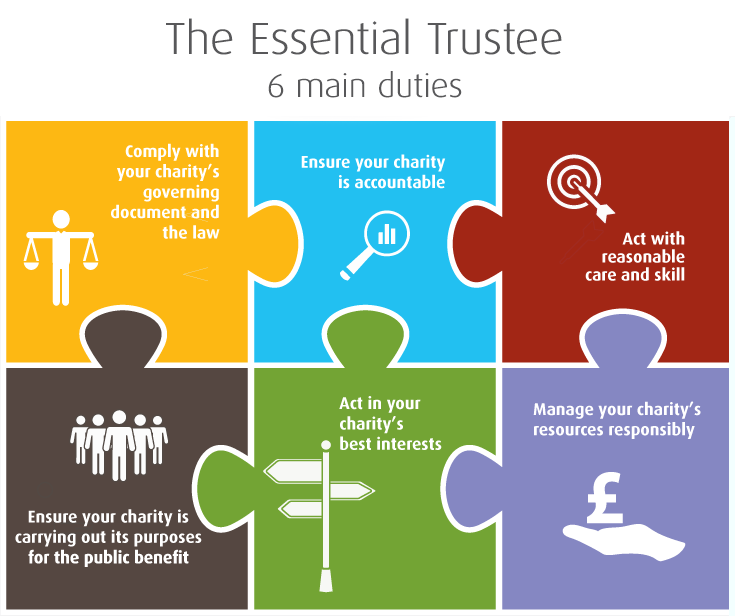Working together to support young people in the community.
Long Ashton Youth Club is a registered charity that has a management committee (Trustees) that works to ensure that our policies, financial commitments and charitable goals are being met.
Although our trustees have several skills and are trained in safeguarding, they are not qualified youth workers. Therefore we employ a youth service provider named Epic Youth to help us run the youth club sessions and manage staff and volunteers.
By doing this we ensure that the young people receive the best possible service from professionally qualified and experienced youth workers who cannot only supply fun-packed activities but also have the skills to approach complex issues and topics.
OUR TRUSTEES
(Photos coming soon)
Charity Trustee, What’s Involved
Trustees are the people who lead the charity and decide how it is run. Being a trustee means making decisions that will impact people’s lives. Depending on what the charity does, trustees will be making a difference to your local community or to society as a whole.
Trustees use their skills and experience to support their charities, helping them achieve their aims.

1. Ensure your charity is carrying out its purposes for the public benefit
Trustees must make sure that the charity is carrying out the purposes for which it is set up, and no other purpose. This means:
- ensure you understand the charity’s purposes as set out in its governing document
- plan what your charity will do, and what you want it to achieve
- be able to explain how all of the charity’s activities are intended to further or support its purposes
- understand how the charity benefits the public by carrying out its purposes
Spending charity funds on the wrong purposes is a very serious matter; in some cases, trustees may have to reimburse the charity personally.
2. Comply with your charity’s governing document and the law
Trustees must:
- make sure that the charity complies with its governing document
- comply with charity law requirements and other laws that apply to your charity
Trustees should take reasonable steps to find out about legal requirements, for example by reading relevant guidance or taking appropriate advice when they need to.
Registered charities must keep their details on the register up to date and ensure they send the right financial and other information to the commission in their annual return or annual update.
3. Act in your charity’s best interests
Trustees must:
- do what you and your co-trustees (and no one else) decide will best enable the charity to carry out its purposes
- with your co-trustees, make balanced and adequately informed decisions, thinking about the long term as well as the short term
- avoid putting yourself in a position where your duty to your charity conflicts with your personal interests or loyalty to any other person or body
- not receive any benefit from the charity unless it’s properly authorised and is clearly in the charity’s interests; this also includes anyone who is financially connected to you, such as a partner, dependent child or business partner
4. Manage your charity’s resources responsibly
Trustees must act responsibly, reasonably and honestly. This is sometimes called the duty of prudence. Prudence is about exercising sound judgement. Trustees must:
- make sure the charity’s assets are only used to support or carry out its purposes
- not take inappropriate risks with the charity’s assets or reputation
- not over-commit the charity
- take special care when investing or borrowing
- comply with any restrictions on spending funds
Trustees should put appropriate procedures and safeguards in place and take reasonable steps to ensure that these are followed. Otherwise, you risk making the charity vulnerable to fraud or theft, or other kinds of abuse, and being in breach of your duty.
5. Act with reasonable care and skill
As someone responsible for governing a charity, a trustee:
- must use reasonable care and skill, making use of your skills and experience and taking appropriate advice when necessary
- should give enough time, thought and energy to your role, for example by preparing for, attending and actively participating in all trustees’ meetings
6. Ensure your charity is accountable
Trustees must comply with statutory accounting and reporting requirements. Trustees should also:
- be able to demonstrate that your charity is complying with the law, well run and effective
- ensure appropriate accountability to members, if your charity has a membership separate from the trustees
- ensure accountability within the charity, particularly where you delegate responsibility for particular tasks or decisions to staff or volunteers
Find out more:
(Source Gov.uk)




